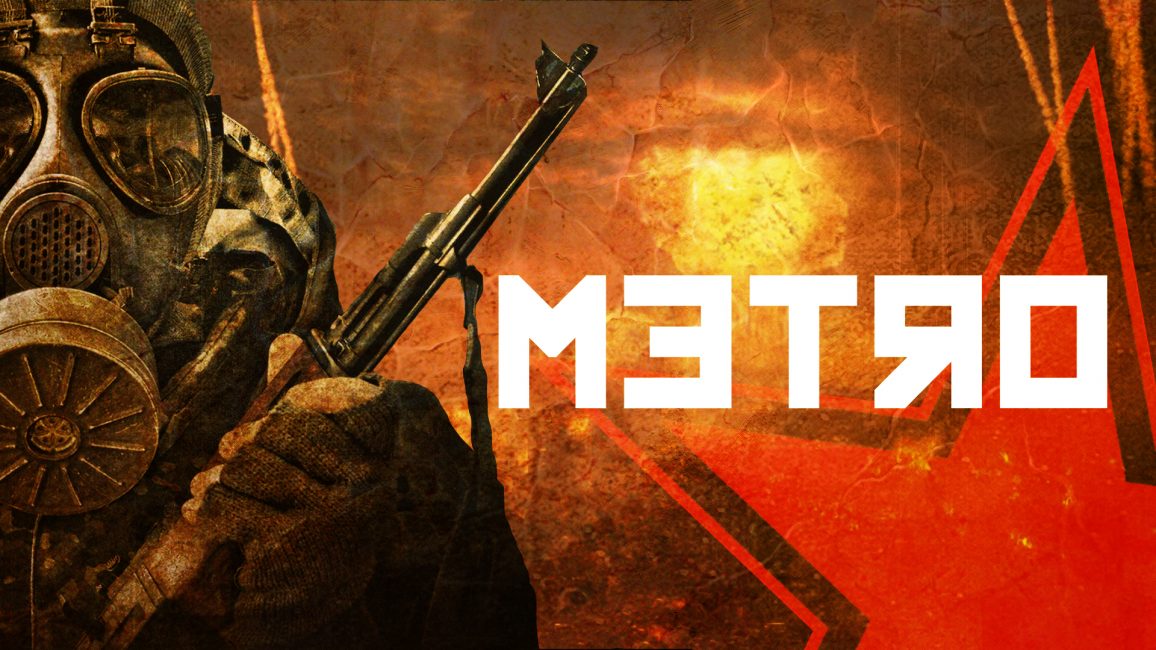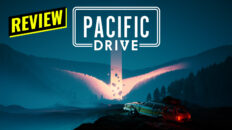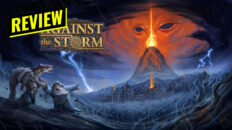I recently replayed Metro 2033 and Metro Last Night, and came away with a new perspective on Metro Exodus. When it was announced to be an open world game my first thought was “How can they make a Metro game without the Metro?” However, after replaying these games I quickly realized that this series already has aspects that we’d consider staples of modern open world video games. There were things that made their campaigns more than just eerie corridor shooters like tense survival mechanics, allusions to a much larger world, and themes that could be painted across a broader canvas. It’s made me much more excited for Metro Exodus, but also a little worried at the same time.
Setting the Scene

Metro 2033 laid out an extremely detailed, fully realized post apocalyptic world in a way few games do. Taking refuge in the Moscow subway system, some 100,000 people survived what is assumed to be a total nuclear apocalypse. With the surface an irradiated wasteland, the survivors set up cities in the large terminals and railways below Moscow. Communities and economies formed, but the sins of the past weren’t dead. Not only do the new horrors of the surface begin to creep down into the dark, cavernous tunnels, but so does human nature. Factions form, with many returning to old ways of thinking. The Communist Red Line rises up with the militaristic values of the former Soviet Union, and the Fourth Reich implements the purification policies of Nazi Germany. With the Rangers of the Order struggling to keep the innocent safe, the conflict between these factions form the backbone of Metro Last Light‘s campaign. Amidst all of this, our hero Artyom must navigate the twisted tunnels and politics of the Metro while trying to discover the significance of his ability to commune with a mysterious race known as The Dark Ones.
It’s a much more intricate and heavy story than what you’d expect find in a shooter campaign. Taking these conflicts and spreading them across an open world opens up many opportunities. Like having to decide which factions you work with and which to shun. You could potentially open, or close, avenues of progress depending on which ones you choose to work with. Metro is also a game all about morality, so I expect my actions to carry weight as I navigate the Russian wasteland.
Tools to Survive

We’ve come to expect some sort of survival and/or crafting system in our open world games, and Metro already has both. The simple ritual of having to repair and maintain your gas mask is one of the most novel systems to come along in some time. You need to make sure you’re stocked up on filters before you venture into a toxic environment and failing to do so will make your journey much more harrowing. Combine that with the possibility of it breaking during combat, and you’re encouraged to spend more time sneaking around than running in with guns blazing. Not the mention the scarcity of ammunition in this dark future, and the fact that it is also your main form of currency.
All these rules exist in this world, used to make the previous games seem that much more real and claustrophobic. I can image a situation where I’m stranded out in the middle of nowhere with one filter, a few bullets, and monsters screaming in the distance, and it’s just as anxiety inducing as being trapped in a dark tunnel with a flickering flashlight.
In addition, the series has always had a robust arsenal of slapped together, customizable weapons. From pellet guns that are little more than air pumps and copper tubes stuck together duct tape to refitted, ancient AK-47s, the weapons look straight out of Mad Max. They also allow for modifications like laser sights, crude sniper scopes, and makeshift silencers. It’s easy to see a situation in which you have to decide between playing it safe or investigating a dilapidated settlement in hopes off finding that final piece to craft your perfect gun. Of course, that settlement will also have remnants and clues about its past, helping to build the world around you try to build the weapon in your hands
Choices & Consequences

The final piece here is something that really came to life in Metro Last Light. There are a two distinct moments in that game where the world opens up to you. They are small segments, lasting about 20-30 minutes each, but give insight into how Exodus could handle it’s open environments.
Early on you are given control of a cobbled together rail-car, think of the buggy in Half-Life 2, but on rails. As you make your way down the metro tunnels you have the opportunity to stop and investigate side areas. Many of these are optional and only provide access to supplies or collectibles. However, providing the player with the choice to explore off the beaten path as a great novelty at the time.
This level of player agency is also experimented with in a visit to the surface. Here you are given a simple objective: reach the church on the other side of a swamp. You can rush through the critical path, but there are so many side diversions that it’s hard to pass up the mysteries they may contain. As you make your way through the sun begins to go down and the darkness is reminiscent the Metro tunnels, and just as foreboding. All the while you have to keep an eye on your gasmask filter because even though you can explore, you are still at the mercy of the toxic wastes surrounding you. I can easily imagine these scenarios expanded upon in Exodus. I hope to see them woven into the main mission structure without feeling required or overwhelming.
Full Steam Ahead

On paper, expanding all of these things to fill an open world should be easy. However, it can still be a challenge as you run the risk of devaluing any individual system. If upgrading your weapons feels like a never ending fetch quest or if gasmask filters are too rare, it may make exploring feel tedious rather than exciting. Furthermore, painting a faction as the “good guys” or the “bad guys” from the start may strip the game of the series’ themes of morality. There’s also the chance of it falling into a never ending checklist of open world fodder, losing all sight of its story; probably the biggest crime of all when it comes to this series.
All signs point to A4 Games taking a restrained approach to their open world. Metro Exodus isn’t going to have a sprawling, never ending map like Far Cry or Fallout. Instead it looks like we’re going to get open, yet tightly crafted environments. Providing us with the opportunity to venture off the beaten path, but only so far before we have to get back to the business at hand. This format has worked well in games like Rise of the Tomb Raider and Borderlands 2. It has the potential to here work as well . The good news is that we won’t have to wait long to find out because Aryom’s journey out of the Metro is just around the corner, and Mother Russia is waiting for him.
Rather listen instead of read or watch? Listen right here on the site or add us to your favorite podcast app!








